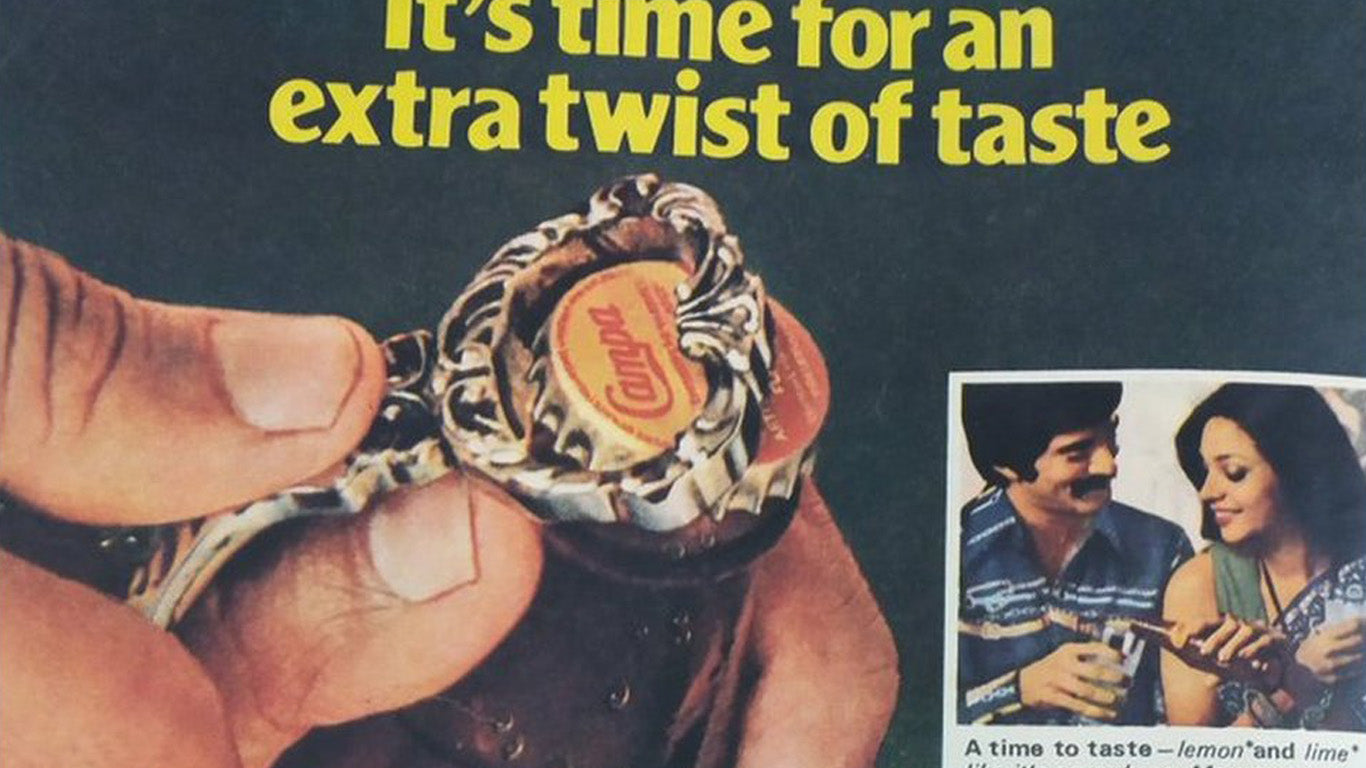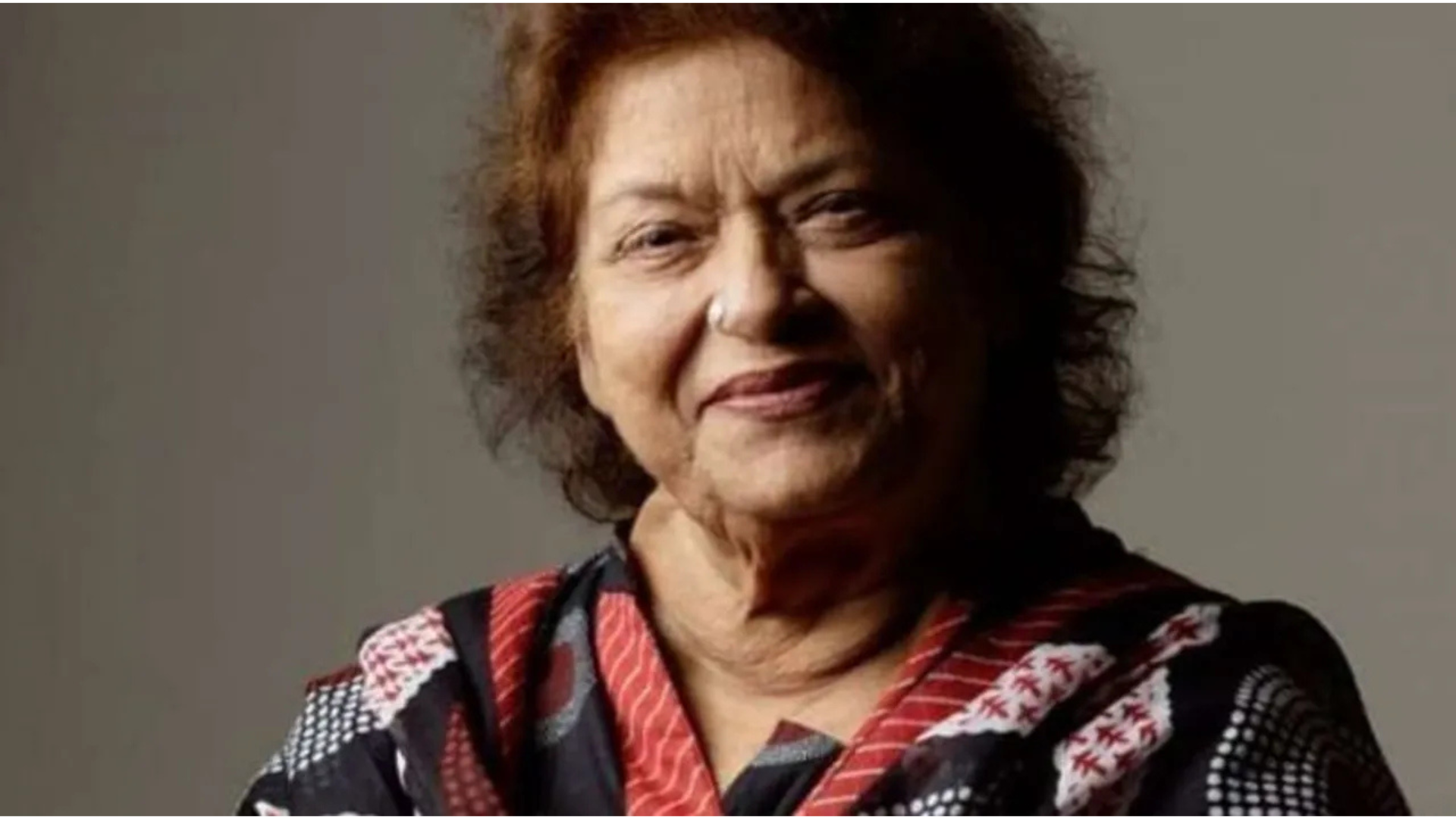How Campa Cola Ruled The Indian Soft-Drinks Market In The 70s

The ever-popular Coca-Cola came to India in the 1950s and naturally ruled the soft drink market in the country. In the 1970s, however, there emerged an iconic Indian soda that rivaled Coca-Cola. This is the story of Campa Cola - a soft drink that ruled the nation for almost 2 decades.
The Indian government was struggling with its treasury right after independence and the partition, when in 1949, Coca-Cola, a foreign soft drink company entered the market. It didn’t take any time for the drink to become a fan favorite. Coca-Cola enjoyed a huge demand till the 1970s until the emergency was imposed. According to new policies, the government wanted the company to dilute its equity shares in Indian firms as well as reveal its secret formula. Coca-Cola declined and stopped production in the country.

To fill this huge void, a government-owned company launched Double Seven (77), also known as the Sarkari drink. However, it did not find many takers. This is when Pure Drinks, the company that supplied Coca-Cola in India, decided to launch a new drink. Thus was born Campa Cola, a homegrown imitation brand. It even had the same font as Coca-Cola!
It was an instant hit. Keeping in mind the target audience for the drink – young Indians – the advertising and marketing strategies involved a youthful vibe and young actors, including 16-year-old Salman Khan and Ayesha Shroff in their advertisements. The brand also gave a message of nationalism – “The Great Indian Taste”. Campa soon launched orange and lemon-flavored drinks, and eventually clear lemon, apple, and jeera flavors as well.
1991 came with new economic reforms, which opened a lot of foreign markets in India. Pepsi entered India and Coca-Cola returned, with aggressive marketing strategies and big stars. Shortly after the sales of Campa Cola got affected and by 2012, it completely disappeared from the market.

Reliance Group bought the brand from Pure Drinks in August 2022 for $2.7 million. The return of this drink will definitely bring with it a wave of nostalgia among its old consumers. It remains to be seen whether the company manages to re-establish its popularity in the Indian market.
Also read: Games that defined the childhood of 90s kids






Comments